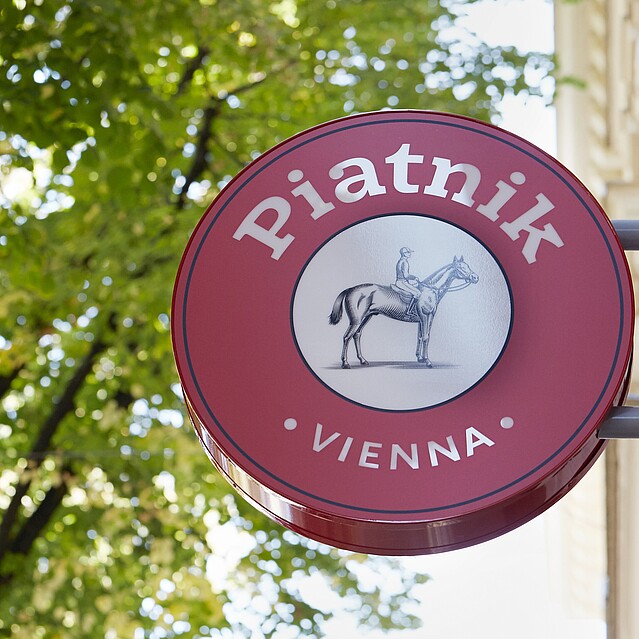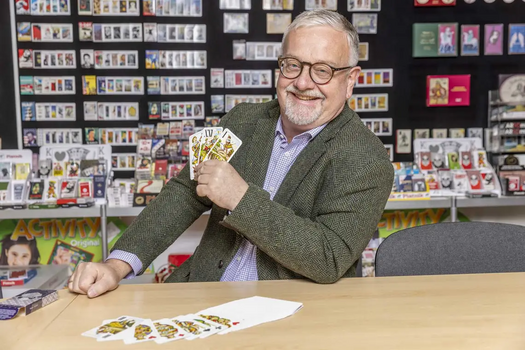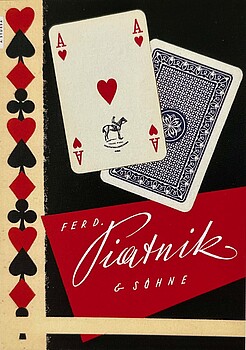Piatnik: 201 years of bringing people together
April 28, 2025|TA
To remain a traditional, family-led institution for 201 years takes something special. Since its founding in 1824, games manufacturer Piatnik has been producing its products in Vienna, becoming one of the best-known names in the business.
What began in 1824 as a playing card painting workshop has grown into a 20,000 square meter factory employing around 100 people. CEO Diehter Strehl reflects on the journey: “Many things happened which were not advantageous – wars and inflation and God knows what! My forefathers have been able to steer the ship over all these waves,” he says.
Now Austria’s largest game producer, Piatnik is a household name and a key player with subsidiaries in Germany, the Czech Republic, Hungary and the USA, selling their products in 72 other countries.
Its three core products - playing cards, board games and puzzles - entertain households worldwide. The factory in Vienna’s leafy and primarily residential 14th district produces 10,000 games daily, with the bestseller, the board game ‘Activity’, selling over 12 million copies since its release in 1990. Whilst board games make up the majority of the company’s revenue nowadays, the success of the company began with playing cards.
Playing your cards right takes innovation
Viennese-made products have always stood for quality. The city was a card manufacturing hub during the 19th century, and what made it stand out was the quality of the cards.
Ferdinand Piatnik, the namesake of the company today, took over the company in the 7th district in 1843. Ingenuity was his strong suit and he quickly distinguished himself through innovation and strategic acquisitions, eventually surpassing most of his 200 local competitors.
What key business decisions led to the company’s success? Mr Strehl considers for a brief moment.
“Well, the first decision which was important was that Ferdinand Piatnik decided to become a playing card maker. Not all products survive 200 years – had he decided on something else, like, I don’t know, working with horses or making saddles, it would have been more complicated!”
One major breakthrough ultimately gave Piatnik the upper hand over his competition and revolutionised the market: he perfected card coating. Coating cards with lacquer made the cards more durable, prevented them from getting dirty so easily, and allowed them to be wiped clean.
Cards as cultural anchors
Playing cards first appeared in Europe around 650 years ago and instantly became popular, sticking around in a way that few forms of entertainment have. However, in the 19th Century, they became a craze. Easy to use and accessible across social classes, card games fostered social connection and were a key pastime.
Demand eventually outgrew Piatnik’s original headquarters in the 7th District. Space was tight in Vienna, so the company built upwards, adding four floors to its building to house expanding operations. Piatnik gained cultural prominence, with players exclaiming, “Holy Piatnik, look down on me!” during intense games.
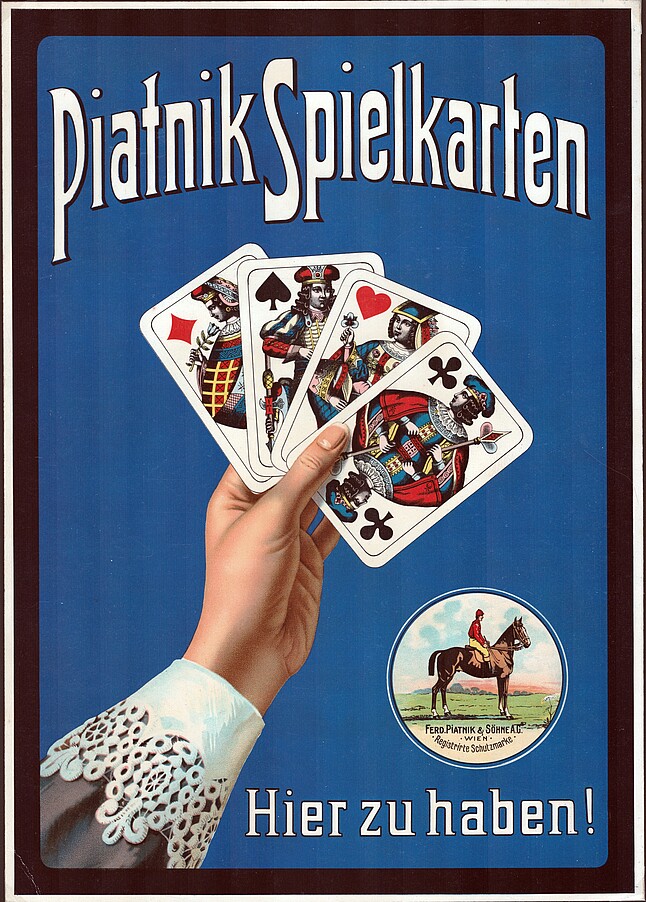
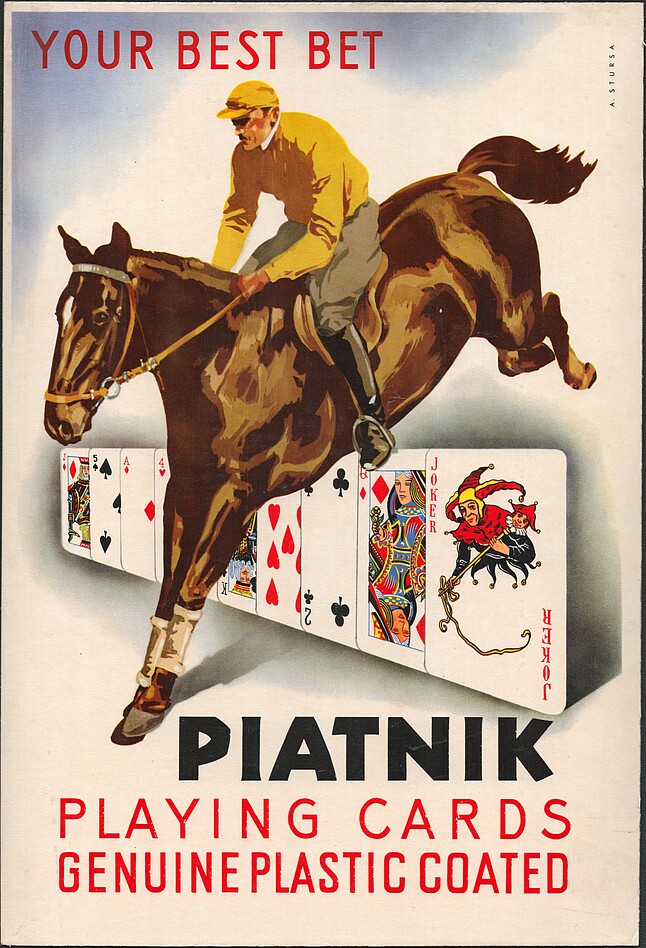
The success Piatnik saw in the 19th century was in part a result of political and social instability, which led to people spending more time at home. Similarly, the Coronavirus pandemic heralded another boom for the business, with millions of families stuck indoors.
“I dream of another lockdown!” Dieter Strehl jokes, referring to the surge in demand for games, especially from adults stuck indoors with more free time than ever before.
The company rapidly expanded during the Habsburg era, with factories in Budapest, Krakow and Prague, as well as a paper factory in Slovenia.
In 1891, production moved to its current location in Penzing, where 20,000 square meters of manufacturing space meant the company could expand its offer. In 1956, board games came onto the market, and in 1966 puzzles completed their offer. Despite still producing playing cards (around 25 million of them last year alone), board games now dominate turnover.
The board game market has exploded in the last 30- 40 years, largely because board games are no longer something consigned to children, but also for adults, or ‘kidults’, as Mr Strehl calls them.
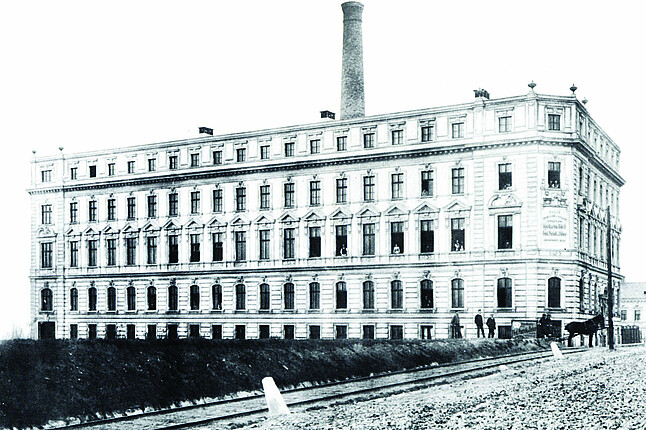
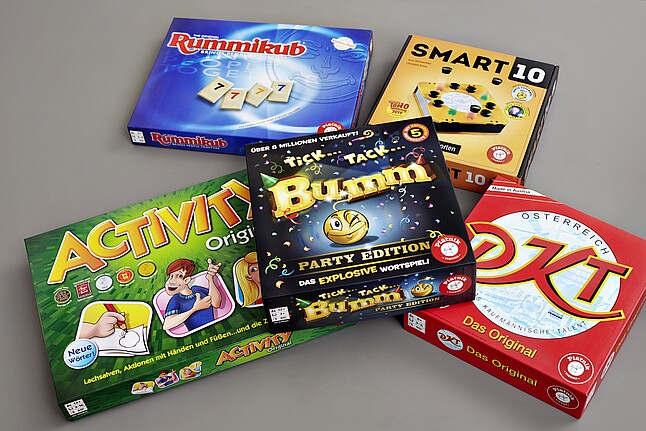
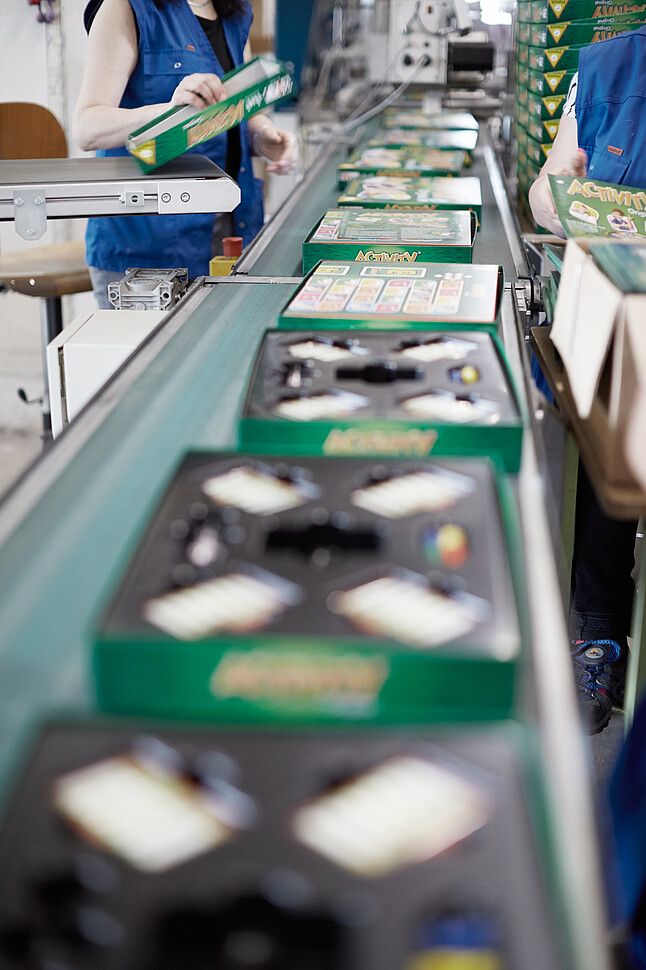
Keeping up with trends
Business is a roll of the dice. Every year, Piatnik receives 1,000 new ideas from games enthusiasts and a dedicated four-person team narrows this down to 20 for publication.
“It’s a very risky business,” Strehl admits. “After doing this for 40 years, I have become very humble, because I have made many mistakes.”
Ideas which he thought were sure-fire winners turned out to be flops, and rejected concepts went on to be wildly successful with another publisher.
Still, the company boasts five games that have sold over a million units each—an important financial foundation that allows for creative experimentation.
One surprise trend has been the enduring popularity of quiz games, which Strehl thought would fade in the internet age. “I thought quiz games would be completely out because everyone can Google the answer, but on the contrary...” In fact, the Piatnik game Smart 10 became the basis for a popular TV quiz show on Austria’s public broadcaster, ORF.
At the same time, simpler games aimed at students are also gaining popularity. Strehl has his theories as to why this might be… “But it is fun and joy, and bringing people together… the screen rarely laughs.”
“It’s a very risky business... I have become very humble"
Dieter Strehl, CEO Piatnik
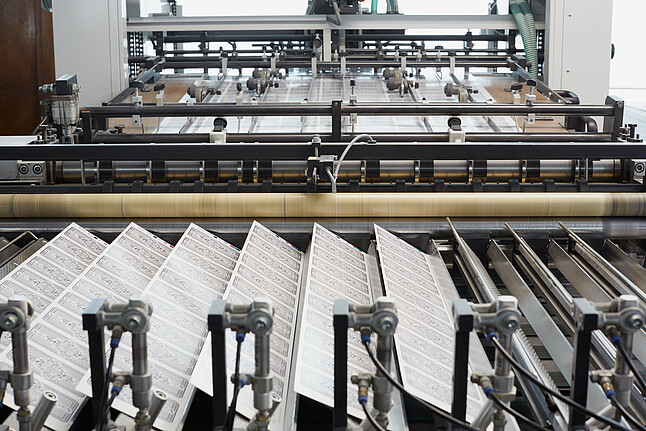
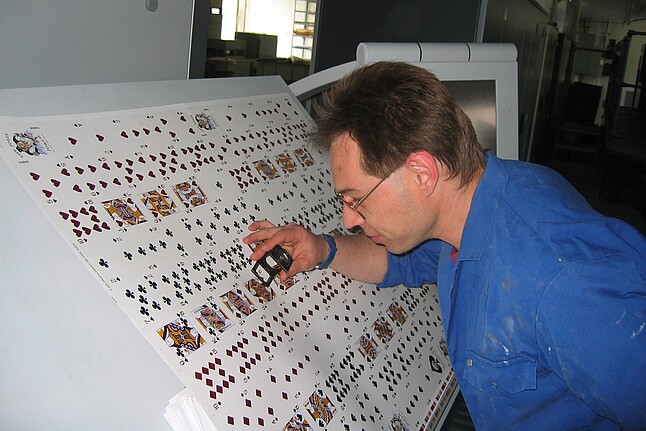
It's time to shuffle the deck, sustainably
In spite of, or perhaps because of, its long history, Piatnik as a 6th generation family business must look to the future to ensure it can continue to bring games to people for the next 201 years.
That’s why they place particular emphasis on sustainability. The company uses FSC-certified and mostly European raw materials, 100% green electricity, and is part of the ‘Ökoprofit’ initiative to reduce waste and emissions.
While plastic remains a necessary component in many games, Piatnik strives to minimize its use. Games are durable and often passed down through generations, which aligns with eco-friendly values.
Being located in Vienna also brings environmental benefits. Three-quarters of employees take public transport or walk to work, avoiding long commutes and traffic. “We don’t pollute the environment, we’re not very loud, we make something which brings joy and entertainment to people.” Strehl notes.
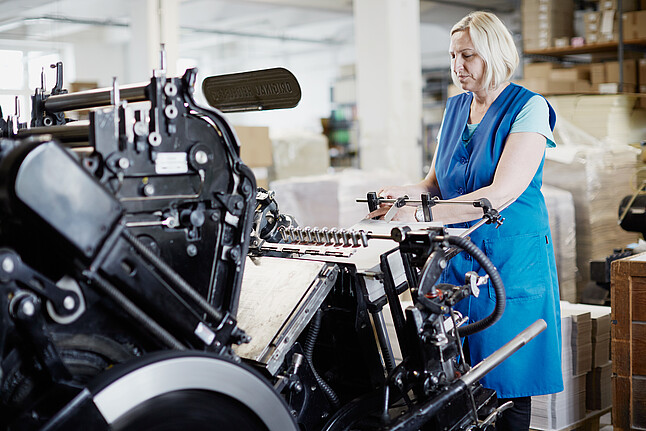
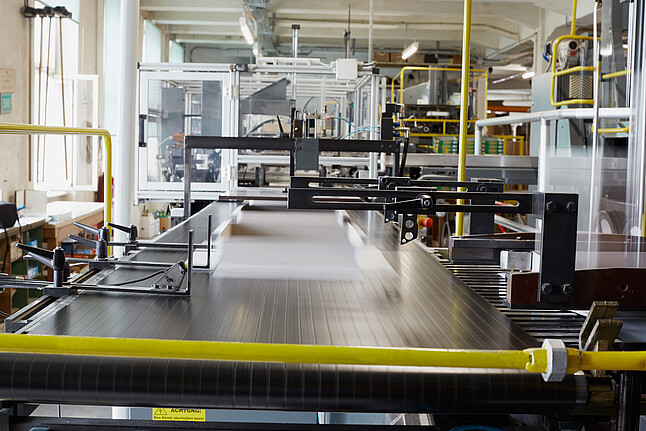
Vienna, the beating heart of Piatnik
Piatnik’s headquarters in Vienna’s quiet 14th District are easily overlooked. Built in 1911, it blends into the surrounding architecture. Inside the offices, the low thrum and noise of heavy machinery on higher floors are barely noticeable. But thanks to the steel-enforced concrete building, every floor can bear up to an impressive 2,000 kilos per square meter.
“I think that it is not bad to manufacture within the city. It has many advantages,” says Strehl. “We are dependent on game authors and lawyers and designers and so on … in Vienna, it is easy to get competent people.” The city’s strategic geography provides strong logistical advantages, especially for the German-speaking region and Eastern Europe. Being close to the market helps Piatnik respond quickly to trends, especially during key sales periods like Christmas – a significant advantage over competitors in Asia, for example.
For Piatnik, the benefits of remaining in Vienna far outweigh any challenges of the time, and Strehl sees the future for Piatnik as bright as its storied past.
Looking ahead, Piatnik’s strong roots in Vienna remain essential to its growth. Support from partners like the Vienna Business Agency has played a key role in helping the company adapt and thrive. “The Vienna Business Agency was always helpful, in every aspect,” says Strehl. “If you want to invest in new machinery, if you have other problems with windows or energy or heating, they are specialists for all questions – fast, competent and friendly.” With this support and a clear vision for the future, Piatnik is well-positioned to keep bringing future generations together.
